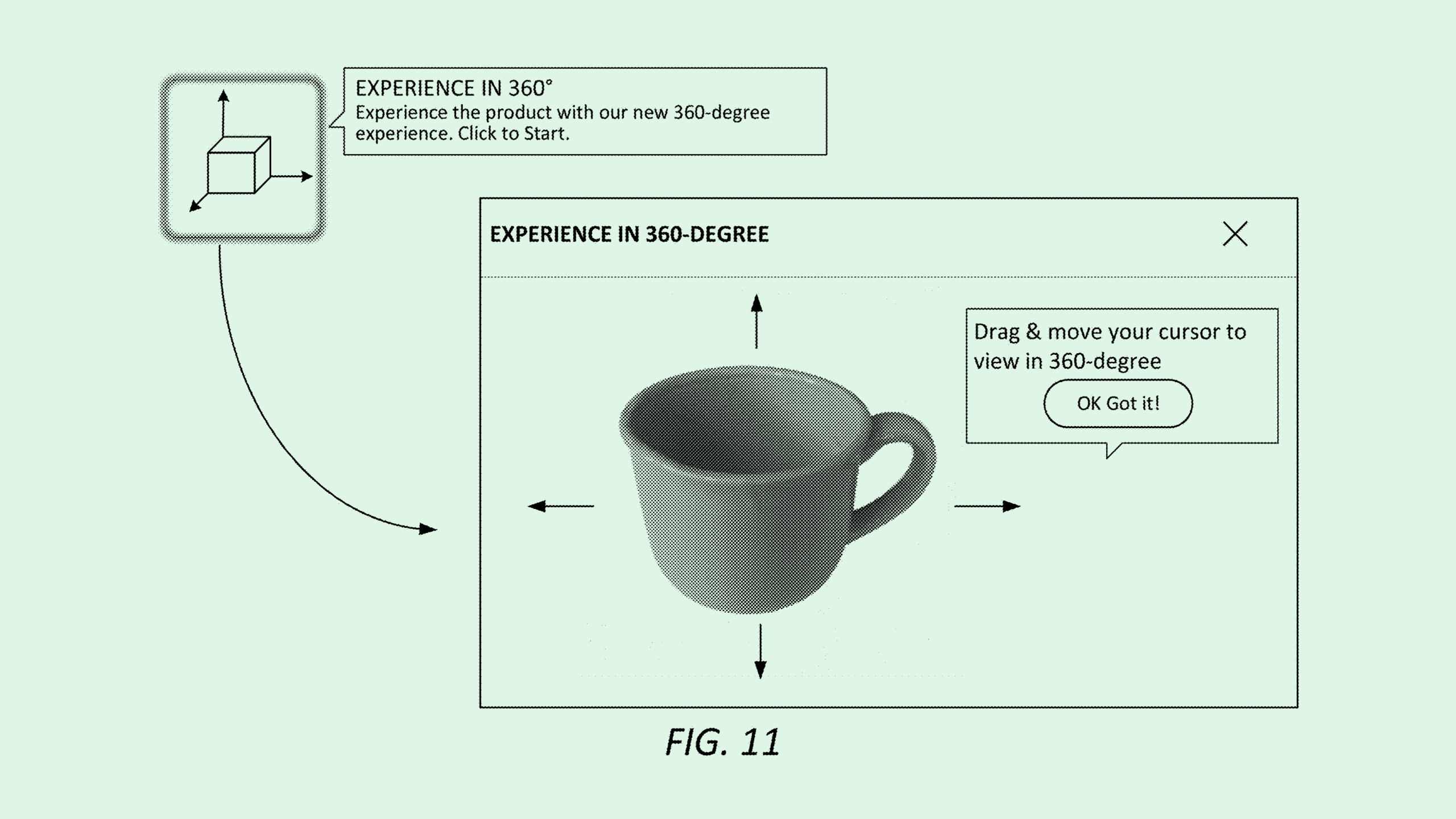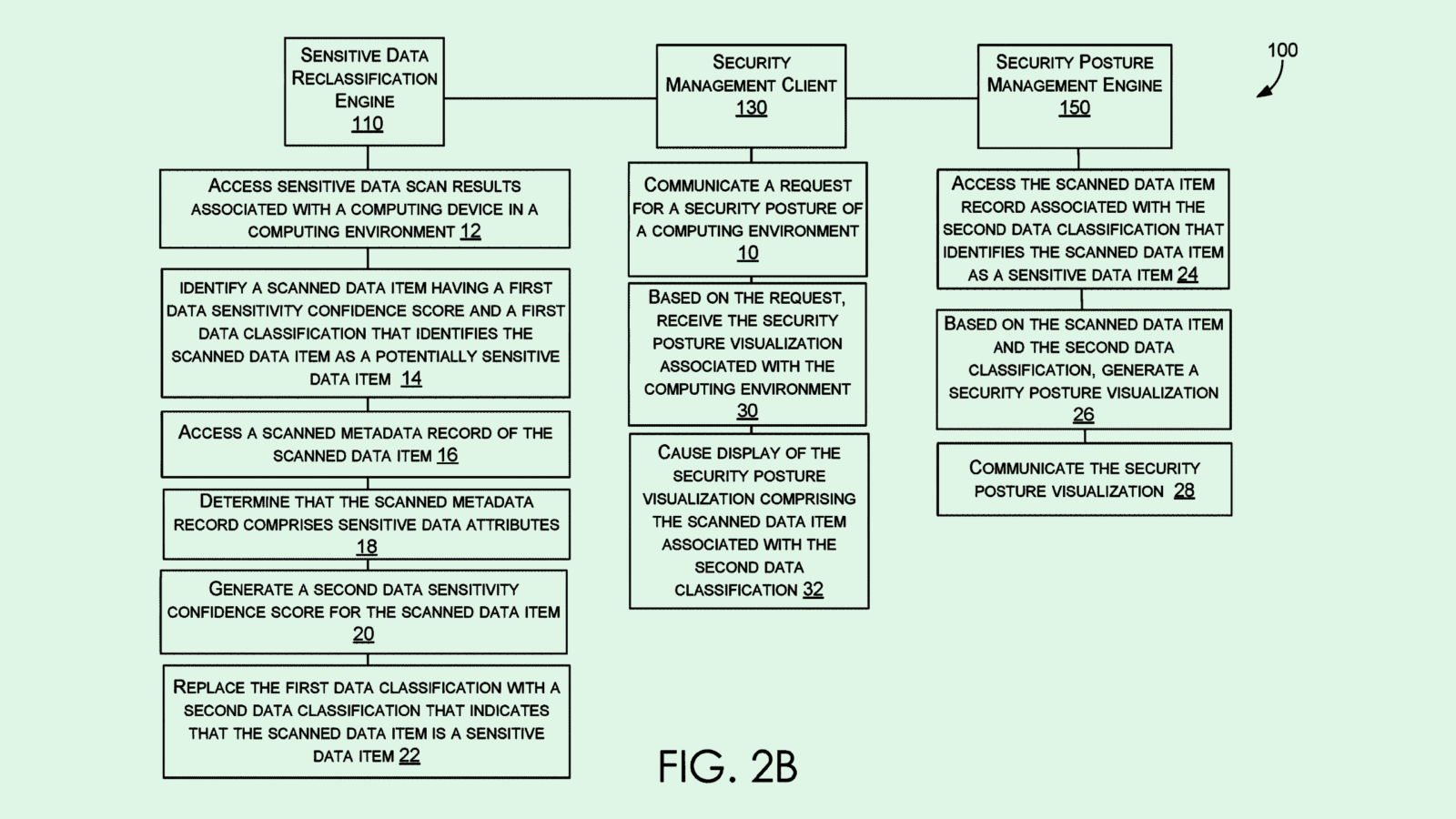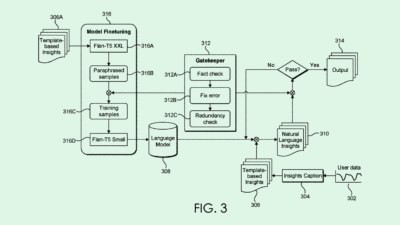Adobe Adds to AI Image Editing, Generation Patents
Adobe said last week that it would overhaul its terms of service and clarified that it will not train AI using customer data.

Sign up to uncover the latest in emerging technology.
Adobe wants to give you the full picture.
The company seeks to patent a method for generating a “360-degree object view by leveraging available images on an online platform.” As the title implies, Adobe’s tech pieces together a 3D object from photos of it at several different angles.
Adobe noted that conventional techniques for 360-degree images require taking lots of manual photographs in a refined and consistent environment. “If any of these conditions are not met, the resulting 360-degree view will have poor quality and affect user interaction with the objects,” the company said.
Adobe’s technique instead leverages “user generated or uploaded content” available on online platforms, such as social media, e-commerce marketplaces, or “any other online platform that displays images or videos and allows users to upload images or videos.”
This system collects and categorizes images of a “target image” based on different angles or perspectives, such as front, side, and top views, using a neural network trained for object detection. The system ensures to filter out “low quality images, such as images in which the object is partially visible, not visible, or blurry.”
The system picks representative images from each angle category, assigning each an “aesthetic quality score” based on things like lighting and “object emphasis.” It then pulls together a “processed object image” of each angle and stitches those images together to create a 360-degree view of the target object. Adobe’s tech performs post-processing on the images to cut out backgrounds and make them look and feel similar to one another.
The goal is to offer a way to easily create 360-degree images of objects without taking photos at every angle by using images that are already available.
Adobe is constantly looking to boost its AI game. The company has sought patents for generative video, AI-based data visualization, and summarization tools, as well as methods to make its models more robust and clear of bias. Its AI frenzy began in earnest in March last year upon the release of Firefly, its generative image model that it says is commercially usable.
But the company faced backlash in early June after a change to its terms of service told customers that it had access to their content “through both automated and manual methods,” noting that “techniques such as machine learning” may be used to analyze content to improve its service.
Adobe said last week that it would overhaul its terms of service and clarified that it will not train AI using customer data. David Wadhwani, Adobe’s president of digital media, told The Verge that the company has never trained its AI models on — or taken ownership of — customers’ work. “We have never allowed access to customer content beyond what’s legally required,” he said.
Adobe isn’t the only company that faced public scrutiny regarding AI from privacy-wary consumers. Microsoft recently delayed a Copilot feature called Recall, which essentially would screenshot your every move, after privacy advocates and security experts warned of its potential danger. Meta, meanwhile, will pause AI training using personal data of UK and European users following regulatory pressure.
The tech in this patent seems to take a different approach to train its 360-degree digital object tool, scraping publicly posted data from social media or e-commerce sites – similar to OpenAI’s web-scraping methods. While this may put untrusting customers somewhat at ease, it could impact the ability to use a tool like this for commercial purposes, as it purports customers can do with Firefly.











